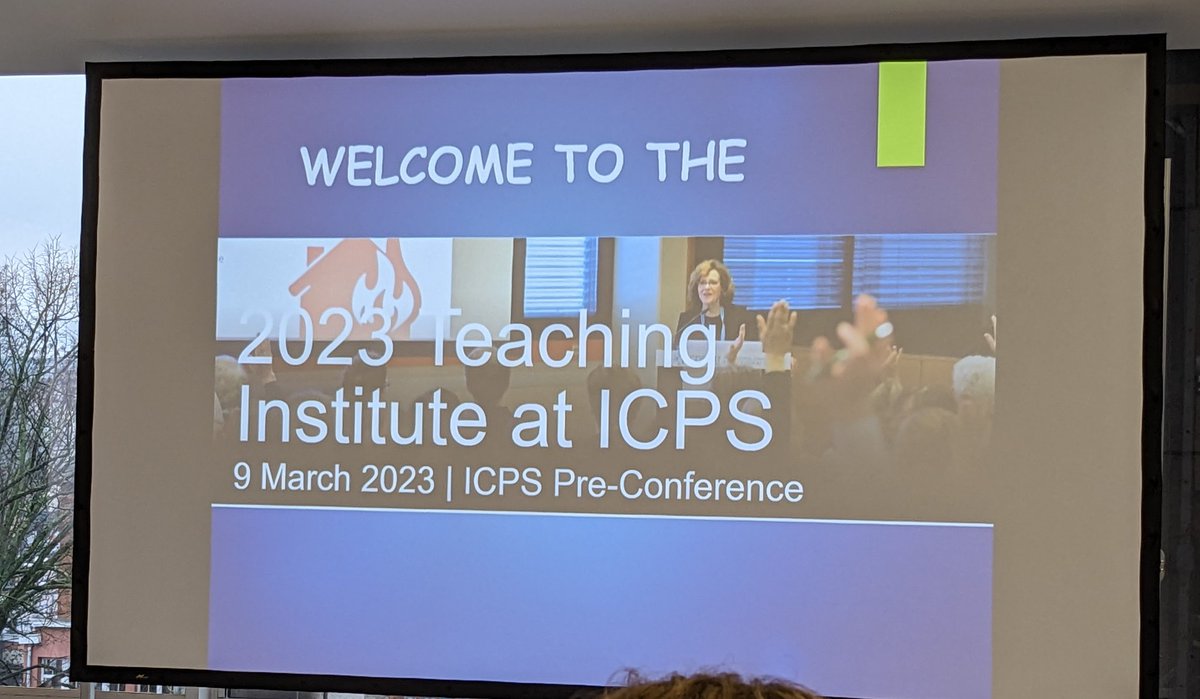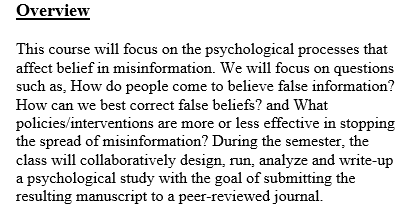I just got to move a paper on my projects Trello board from under review to in press (yay, @clairmkhong!) and I thought others (especially new profs) might like to see how I use Trello to keep myself organized. 1/N
#newprof #newPI
#newprof #newPI
Note, the system isn't perfect, it's just what works well for me. You can and should modify it for your needs. 2/
I have two main Trello boards. One to keep track of where projects are in the pipeline from idea to published and one for my to-do list. 3/
Here's the project board. I have different columns for the different stages for a project: Idea, Collecting Data, Analyzing Data, Writing, With Collaborator, Under Review, In Press and Published. Off screen to the right there's also a File Drawer column for abandoned projects. 4/ 

Each project then lives on a card that moves across the different stages. The color labels are for different collaborators - useful early on when I wanted to make sure I had projects moving forward without former mentors, less useful now. 5/
The board helps me keep track of all my projects and also keeps me motivated to have them move through the pipeline rather than getting stuck. (There's a bottleneck right now in the writing stage, but I'm working on it 😭) 6/
My to-do board is a modification of one of trello's sample boards, trello.com/b/2ydu8DKc/pro…. The important columns are #1 priority for the day, Top priorities, and Upcoming priorities. I try to focus my time on clearing the #1 and Top priorities off the board and into Done. 7/ 

Ideally there's 1 task in #1 priorities, up to 3 in Top and the rest of my to-do list is in Upcoming. That helps to keep me focused on the most important things, but also not lose track of anything. There's also If Time for low priority tasks that I don't want to forget. 8/
Here colors are for the type of task - green = research, yellow = teaching, orange = service, purple = paperwork. This helps me ensure the way I spend time is in line with my priorities and what's valued for tenure. 9/
I also use the plus for tello chrome plugin (plusfortrello.com) to keep track of how long I spend on different tasks and pomodoneapp.com as a pomodoro timer. Both interface nicely with Trello. 10/
That's it! Hopefully others will find the system useful and adapt it for their needs. End/
Go forth and
Go forth and
• • •
Missing some Tweet in this thread? You can try to
force a refresh











